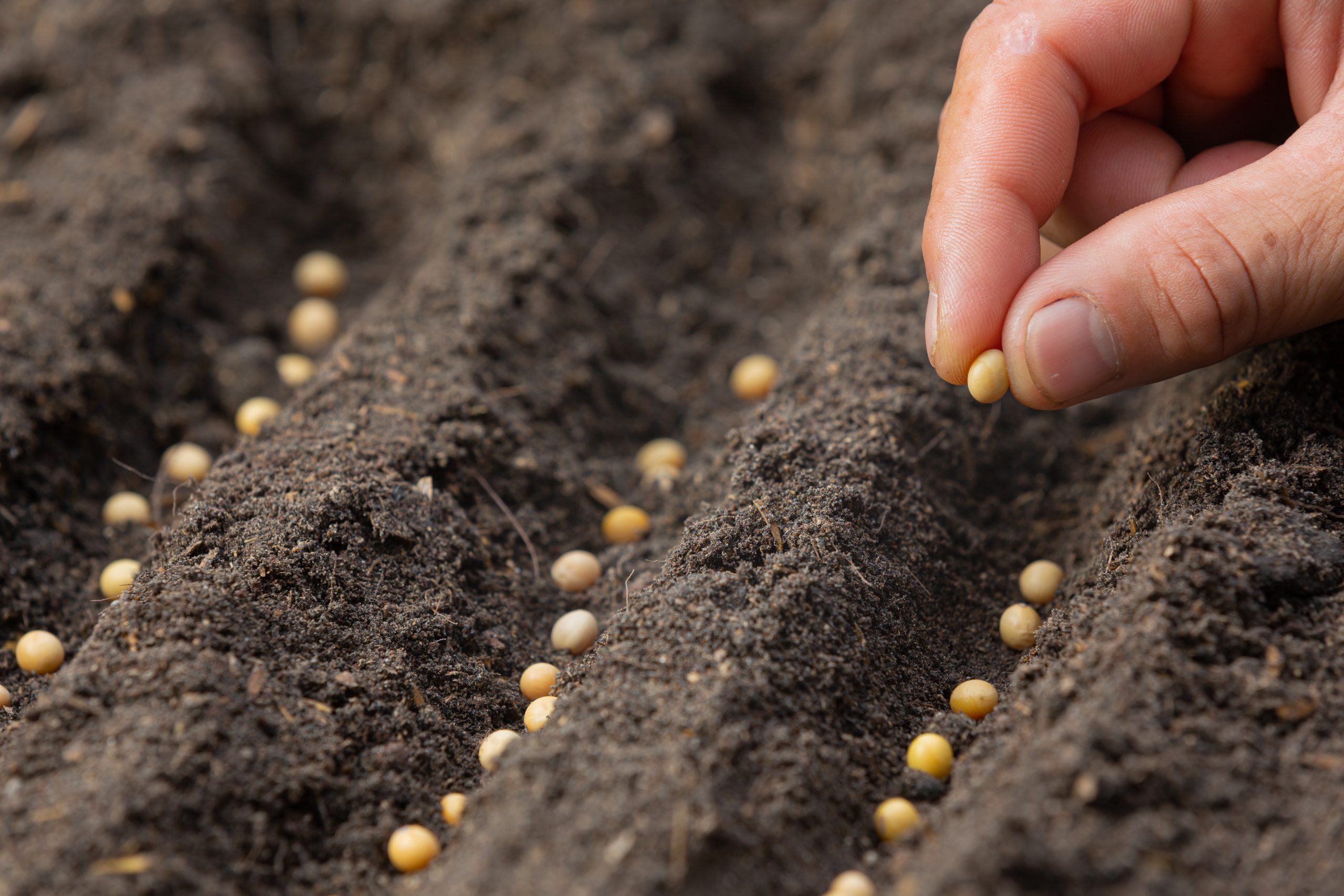On December 27, 2023, the National Executive Power submitted for consideration of the National Congress the bill entitled “Law of Basis and Starting Points for the Freedom of the Argentines” (the “Bill”) which addresses a broad number of legal matters, among which, it proposes to adhere to the 1991 revision of the International Convention for the Protection of New Varieties of Plants (UPOV 91).
The purpose of this accession is to increase protection against the unauthorized use of protected varieties as well as to incorporate better international practices that stimulate productivity, international trade and large investments for the modernization of the agricultural sector, as stated in the Bill.
In this sense, Argentina, which had already adhered to the 1978 revision of said Convention by means of Law 24736, seeks to adhere to the 1991 UPOV Convention, which introduces substantial changes with respect to its previous version, in order to establish stricter limits in relation to the right to “own use”, which consists of the privilege of farmers to reserve part of the seeds acquired from one year’s harvest for later use in on their own holdings, and to restrict the illegal circulation of seeds known as the “white bag” trade.
In short, the Bill would help seed development companies to adequately recover research and development costs in return for their innovations.
The most significant changes between the two bodies of law are listed below:
- Unlike the 1978 UPOV Convention, the 1991 version incorporates an express definition of the concepts “variety” and “breeder” (articles 1.iv and 1.vi).
- As regards the conditions of protection, the 1991 UPOV Convention makes the requirement of adequate designation an optional requirement, establishing that the breeder’s right shall be granted when the plant variety is new, distinct, uniform and stable (article 5).
- • As regards the term of the right, the 1991 Convention establishes a breeder’s right with a broader and more extensive mandatory scope than its previous version, in that it provides that the term of protection shall not be shorter than 20 years from the date of the grant of the breeder’s right and, in the particular case of trees and vines, shall not be shorter than 25 years from the said date (article 19), unlike the 1978 version which fixes protection at fifteen and eighteen years, respectively.
- • As regards the scope of the breeder’s right, it should be noted that the UPOV 1991 Convention establishes a much broader spectrum of acts requiring the authorization of the breeder, since it includes production for any purpose (and not only for commercial purposes as provided in UPOV 1978), reproduction, conditioning for the purpose of propagation, offering for sale, exporting, importing and stocking for any of the purposes achieved (article 14), thus including acts that were not contemplated in the 1978 version, which only required authorization for the acts of: (i) the production for purposes of commercial marketing, (ii) the offering for sale and (iii) the marketing (article 5.1).
- • As regards exceptions to the breeder’s right, article 15 of the 1991 UPOV Convention recognizes three mandatory exceptions: acts done privately and for non-commercial purposes, acts done for experimental purpose, and for the creation of new varieties. In this respect, the 1978 UPOV Convention only provides for the purpose of breeding other varieties (article 5.3) and also includes a provision on the limitation of protected rights for reasons of public interest and to ensure the widespread distribution of the variety (article 9).
- • The 1991 UPOV Convention establishes the farmer’s exception on an optional basis for States, in that article 15.2 provides that States may restrict the breeder’s right in relation to any variety in order to permit farmers to use for propagating purposes, on their own holdings, the product of the harvest which they have obtained by planting, on their own holdings, the product of the harvest which they have obtained. The UPOV 1978 Convention, for its part, stipulates that the breeder’s right makes it possible to prevent production “for commercial purposes”; it follows implicitly that, if a farmer produces seed on his own holding for the purpose of replanting and it is not marketed, such production is outside the scope of his right of exclusion.
- As regards the situation of the plant breeder, the 1991 UPOV Convention extends the exceptions by stipulating that plant varieties are freely available for use by any plant breeder, insofar as it states that the breeder’s right shall not extend to acts done for experimental purposes and to acts done for the purpose of breeding other varieties (article 15.1).
- Finally, with regard to the admission of double protection (by patent rights and by plant variety), the UPOV 1991 Convention limits itself to establishing that each State shall grant and protect breeders’ rights (article 2) without expressly prohibiting double protection, unlike the 1978 version, which provides that each State may recognize the breeder’s right provided for by the Convention by granting a specific title of protection or a patent, but nevertheless, any State whose national legislation admits of protection under both these forms may provide only one of them for one and the same botanical genus or species. (article 2).
By Pablo Palazzi, Octavio Mitelman and Loida G. da Cruz.




